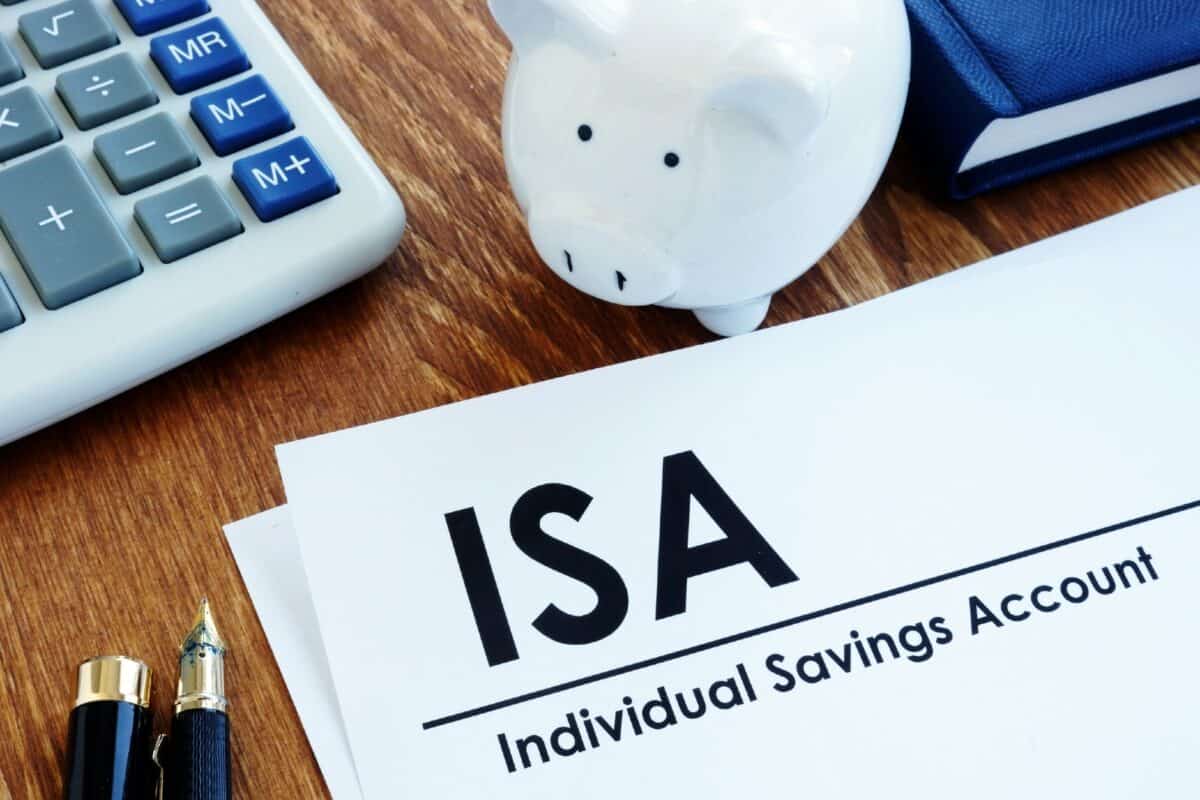Image source: Getty Images
Several events over the past couple of weeks have caused some investors to start the year a little more cautiously when it comes to investing. I think that makes sense as there are a few different issues that could cause a stock market crash. Being forewarned is being forearmed. So here I go!
Fiscal stability
Last week, the yield on the 30-year Government bond hit the highest level since 1998. In simple terms, it means that the cost of borrowing for the Government is very high right now. This is a problem, as the Labour Government has pledged to try and balance the books and improve public finances.
However, if borrowing costs keep increasing, spending will rise. In order to balance things, taxes might have to rise or existing spending plans could be cut. This could lower economic growth and cause investors to panic.
Global politics
Next week, Donald Trump will be inaugurated as the new President of the US. He’s already made several bold statements, including talking of taking over Greenland and having additional trade tariffs on China.
In the first few months of power, there’s the potential for news to come out from America that would upset the market. Given that most FTSE 100 companies are global in nature, any such problems could cause a volatile market reaction.
Inflation and interest rates
The final concern that could materialise is if inflation starts to rise again. This would likely be fought by the Bank of England keeping interest rates higher for longer. It’s not impossible to think that we might not have any interest rate cuts for this year, depending on how things go.
This could hurt the stock market, particularly companies that sell directly to the consumer and have debt. For example, British American Tobacco (LSE:BATS). The FTSE 100 giant has seen the share price rise by 23% over the last year.
However, the bulk of business relies on selling to consumers. Even though some will buy vapes and related products in any scenario, there are some who would cut back on their spend if they were concerned about high inflation and the impact of high interest rates on their mortgage or loans.
It’s worth noting that the last annual report showed total debt of £39.16bn. The net debt-to-EBITDA ratio (a measure of how indebted the business is) stands at 2.7x. This is quite high. If any of this debt needs to be refinanced or new borrowing is needed, the higher interest costs could hurt overall profitability.
Of course, the business could deal with this. If it can continue to pivot away from traditional tobacco products to new alternatives, the increased revenue could offset higher interest costs.
There are several factiors that could cause a market crash before the summer. I’ll be keeping an eye to see if anything starts to flash red!
Credit: Source link




![Just released: February’s lower-risk, high-yield stock recommendation [PREMIUM PICKS]](https://www.fool.co.uk/wp-content/uploads/2023/05/Ice-1200x675.jpg)









